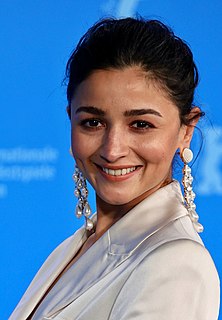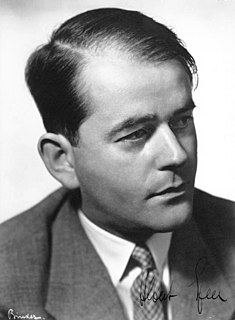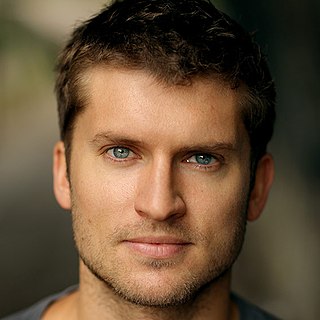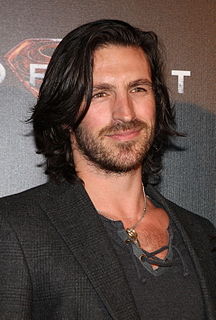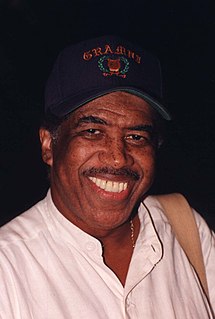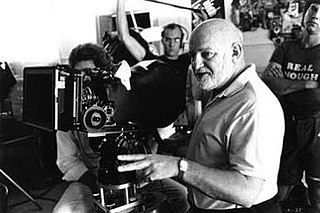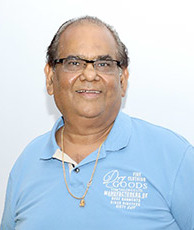A Quote by Clint Eastwood
We were dealing with films that had very prominent roles for women and I felt I was actually contributing something. Many people had wondered why I would want to do a film where the best part was a woman's part. But I wasn't afraid to be the lesser intelligence in a film.
Related Quotes
Though I am born into a film family, I hardly had much exposure to shooting during my growing
years. My first film actually taught me about the breakdown of shots in a film. My aim is to do three
memorable roles in the next five years; films I can be really proud of. And I want to work with the best.
I feel that the thing about film and particularly about TV, actually, is it's being created now. We're living in the best time so far because there are many more women writing and women directing, women producing, and people are finally catching on to the fact that women want to go and buy tickets to see female characters and more than one in a film. So I actually think it's a very fertile time to be a woman over 40.
When I said that something was going to cost a certain amount of money, I actually knew what I was talking about. The biggest problem that we were having on the financing front was people with lots of money saying "you need more money to make this film [Moon]," and us saying "no this is the first feature film we want to do it at a budget where we sort of prove ourselves at the starting end of making feature films; we can do this for $5 million." That is where the convincing part between me and Stuart came, we had to convince people with money that we could do it for that budget.
The Americans had not played a very prominent part in the war of 1914-1918, he (Adolf Hitler) thought, and moreover, had not made any great sacrifices of blood. They would certainly not withstand a trial by fire, for their fighting qualities were low. In general no such thing as an American people existed as a unit; they were nothing but a mass of immigrants from many nations and many races.
We had a moment in the '40s and '50s, where female characters were very strong in film, where these incredible roles were written for women like Joan Crawford, like Bette Davis. But then there was a space of time where - I don't know why - it wasn't like that. It became difficult for women to find certain roles after a certain age.
Every part of it is important; the film comes alive when you edit it, the film comes alive when you write it, the film comes alive when you act it, and the same with the directing. They're all the most important part at the time and that's why I enjoy doing it, because you're creating a story and every part is a very integral part of it.
What I consider a good part for a woman and what some other Hollywood people think are good women's parts are very different. I don't' want to play the supportive girlfriend who has nine scenes and just loves that man, maybe cheats on him in one scene but will always be there, and I mean - give me a break. You'll be offered the "lead" in this new hot film with such-and-such A-list director, "a fabulous part" - a fabulous part? A fabulous part is a character with a soul, who starts here and goes to there, you know? There aren't many of those.
I left film because I felt that photography was my art. It was something I could do on my own, whereas film was so collaborative. I thought as a photographer I could make something that was artistic and that was mine, and I liked that. And it wasn't until I got back into film and I have very small crews and I could do very tiny filmmaking that wasn't 100 people that I still felt that I was making something artistic as a filmmaker. So, you know, I'm an artist, and whether it's photography or film, I want my voice to be there and I think my voice is very strong in this film.

